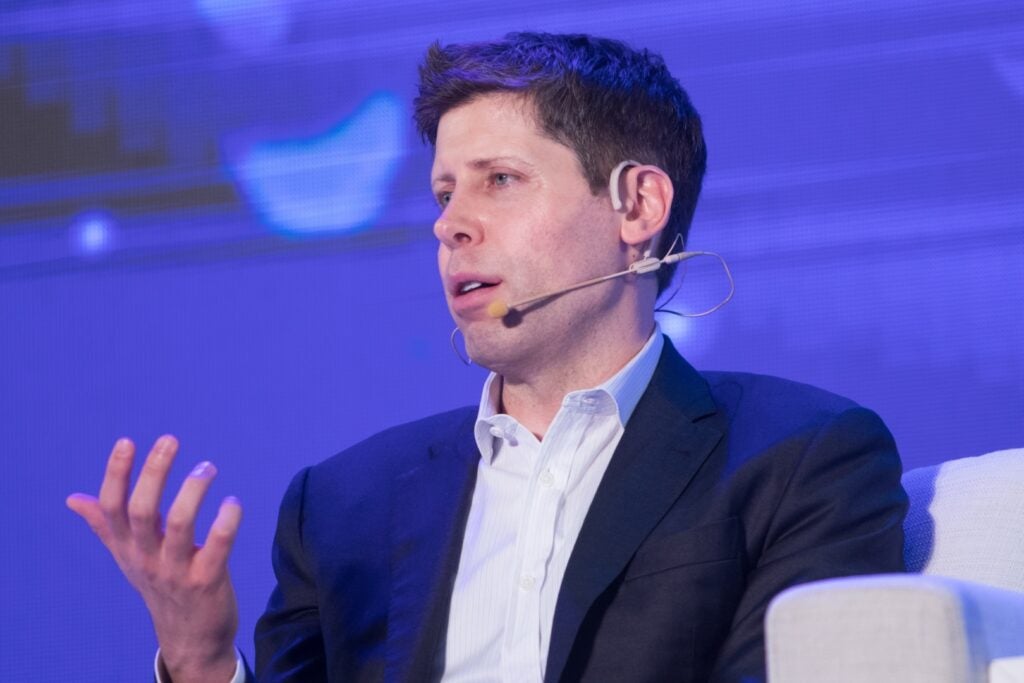OpenAI CEO Sam Altman believes that there will be a neural device that will be able to display words as you think them and communicate telepathically, a sight that seems to be right out of a science-fiction movie.
What Happened: Altman believes neural devices will be able to leverage advancements in artificial intelligence to actually visualize the thoughts of people in a word soup in their field of vision.
Speaking on the Joe Rogan Experience podcast, Altman explained that humans will be eventually able to communicate their thoughts with external devices. With enough progress, this could translate to telepathic communication with other human beings as well.
“I think we can do [things] like reading your thoughts with an external device at some point, [like] reading your internal monologue,” Altman said.
Altman says that using a combination of a neural interface with GPT-5 or 6 could help display the word “soup” to users.
“In your field of vision, the words in response were being displayed, that would be the pong. That’s still soup, [but] that’s a very valuable tool to have,” Altman said, adding that it is “inevitable.”
The Microsoft Corp.-backed MSFT OpenAI is not the only company thinking about neural devices – Elon Musk’s Neuralink has been working on this technology for a few years now.
While this sounds like an exciting frontier, there’s a dark side to it. Musk has been questioned by an ethics group recently for the painful death of monkeys involved in Neuralink research.
‘Merging’ With Cyborgs
If this sounds a bit too Matrix-like, Altman thinks we are already a “little bit down that path”.
“We’re already a little bit down that path. Like if you take away someone’s phone and they have to go function in the world today, they’re at a disadvantage relative to everybody else,” Altman said.
While it might be a stretch to consider dependency on smartphones as living in the Matrix, Altman thinks VR will eventually “get so good that some people just don’t want to take it off that much,” just like smartphones.
“That’s like the lightest weight version of a merge we could imagine,” he added.
Check out more of Benzinga’s Consumer Tech coverage by following this link.
Read Next: Are We Living In A Multiverse Or A Simulation? Depends On Who You Ask, Says Peter Thiel
Photo via Shutterstock
Image and article originally from www.benzinga.com. Read the original article here.

